Pre-Development Planning
Biodiversity Net Gain is a requirement that biodiversity is left in a measurably better state after development than before work began. The introduction of biodiversity net gain bng into UK law through the Environment Act, which gained royal assent in 2021, has changed how development projects in Sunderland are planned and approved.
For most planning applications in Sunderland, biodiversity net gain is now a mandatory condition alongside other local and national planning policies. This means developers must work with qualified ecological consultants to calculate the biodiversity value of a site before and after development. If there is a shortfall, measures must be taken to achieve at least a 10% net gain in biodiversity.
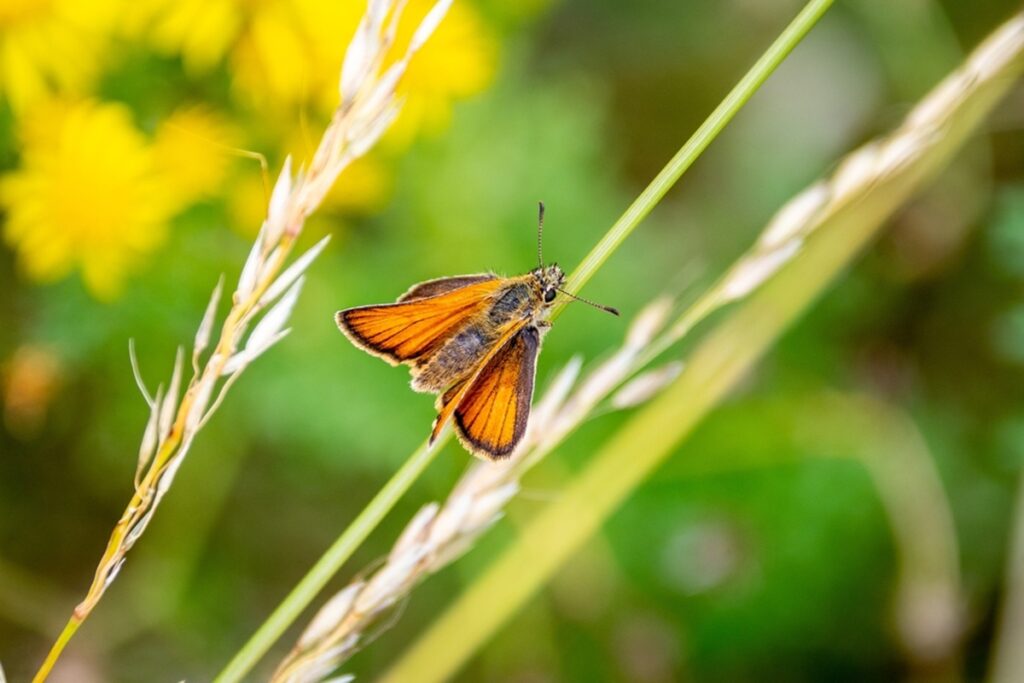
BNG can be delivered through on-site habitat enhancements, off-site biodiversity units, or a combination of both to create a measurably positive impact. All measures must be supported by clear evidence and approved by council planners before planning permission is granted. Since February 2024, meeting BNG requirements has been a legal obligation.
In addition to the Environment Act, BNG is reinforced by the National Planning Policy Framework, Natural England guidance, Local Nature Recovery Strategies, and regional biodiversity priorities.
Developers in Sunderland should integrate BNG into project designs from the earliest stages to avoid costly redesigns later in the process. Protecting key ecological features, such as mature woodland, green belt and wetland areas, lies at the heart of Sunderland’s biodiversity strategy.

Sunderland’s Ecology
Sunderland combines urban development with a wealth of valuable natural environments across South Tyneside and County Durham, including the River Wear corridor, Herrington Country Park, Roker Park, and the coastal habitats along Seaburn and Roker.
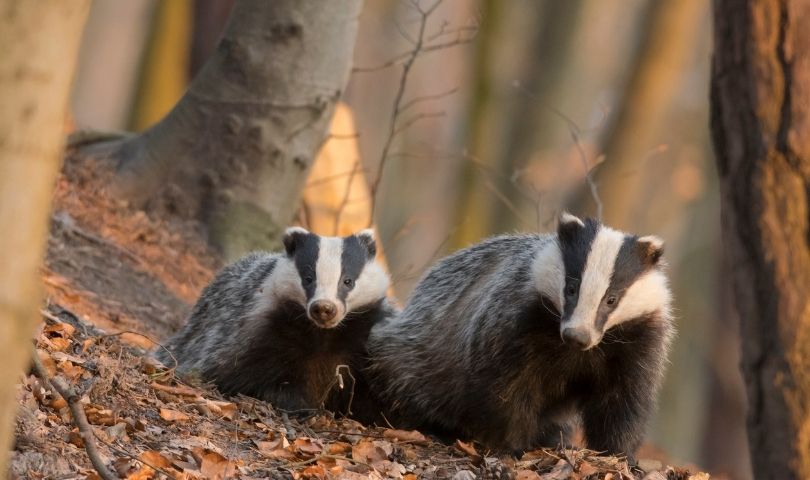
The area supports a wide range of protected species such as bats, otters, water voles, badgers, great crested newts, and various bird species including little terns and kingfishers. These ecological assets mean that any net gain plan must consider existing habitats and ensure that development does not fragment or degrade wildlife corridors.
The city also benefits from active conservation initiatives led by Sunderland City Council, Durham Wildlife Trust, and local community groups, all working to enhance biodiversity, restore degraded habitats, and promote green infrastructure.
This strong conservation culture means BNG proposals received by Sunderland City Council are carefully reviewed to ensure they deliver a measurably positive impact and long-term ecological benefits.

The BNG Assessment
Before submitting a planning application to local authorities, developers should commission a BNG assessment from a qualified ecologist. The process begins with a baseline biodiversity survey, which records existing habitats, assesses their condition, and maps the site’s ecological value using the government’s Statutory Biodiversity Metric.
Protected species surveys may also be required, depending on the site’s characteristics and location. Once the baseline is set, the ecologist will project the site’s biodiversity value post-development, factoring in proposed landscaping, habitat creation, and management plans.
If this projection falls short of the 10% net gain target, the ecologist will recommend additional measures to close the gap and enable the application to proceed.
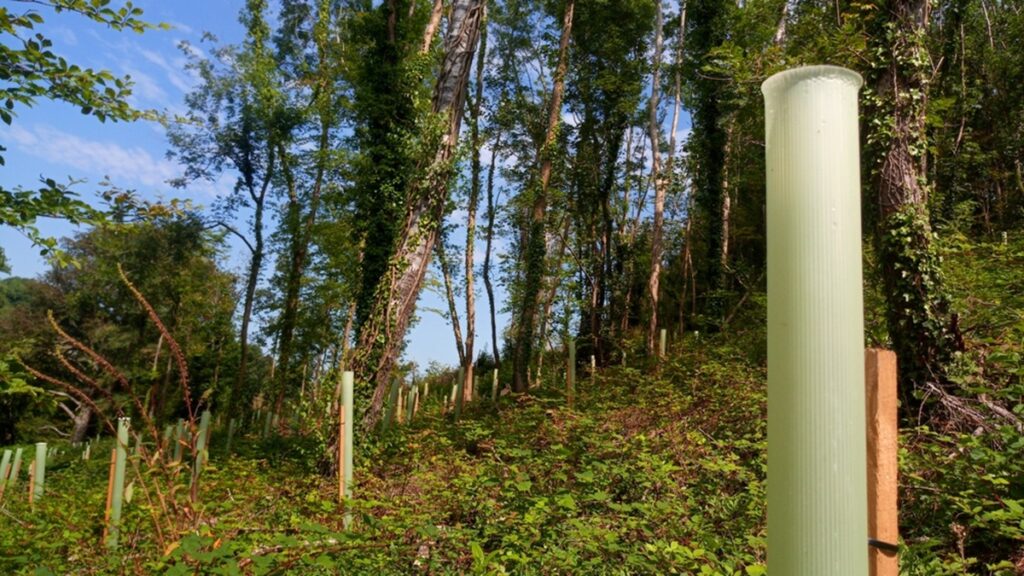
On-Site and Off-Site BNG
In Sunderland, biodiversity net gain is often achieved through on-site enhancements such as creating wildflower-rich grasslands, planting native woodland, restoring ponds and wetlands, or incorporating wildlife-friendly sustainable drainage systems. Green roofs, bat boxes, and bird nesting features can also contribute to the BNG score.
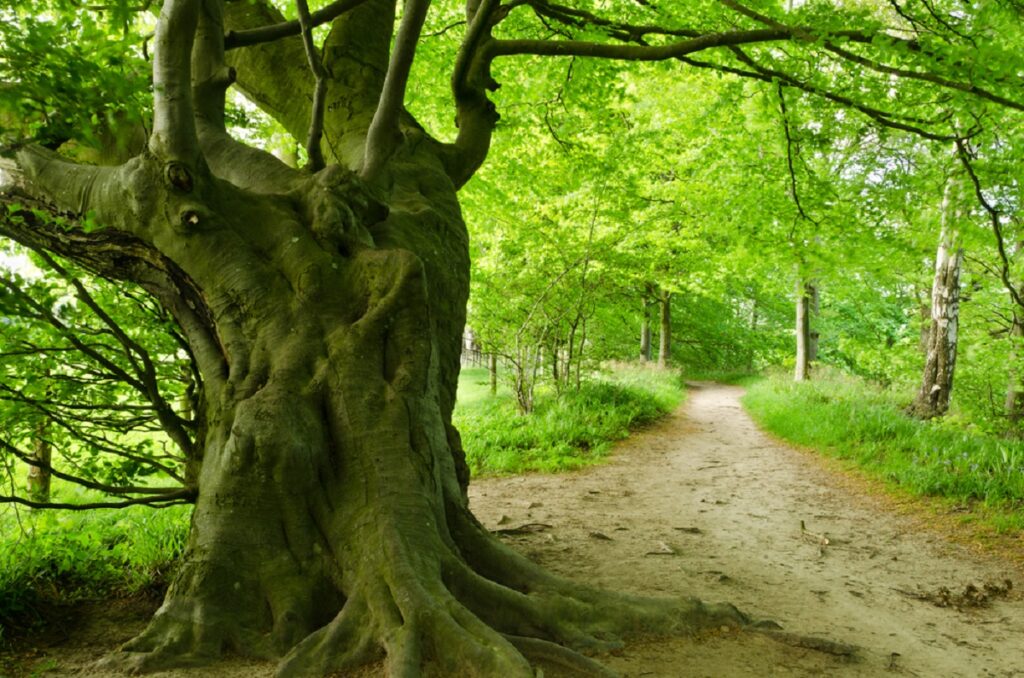
If achieving the full 10% net gain on-site is not feasible, developers can purchase off-site biodiversity units from registered habitat banks. These represent measurable habitat improvements at other locations, ideally within Sunderland or the surrounding Tyne and Wear area, ensuring that ecological benefits remain local.
We also provide guidance on the conservation covenants required for off-site delivery. In situations where neither on-site nor off-site measures can achieve the target, statutory biodiversity credits may be purchased as a last resort to satisfy planning conditions.
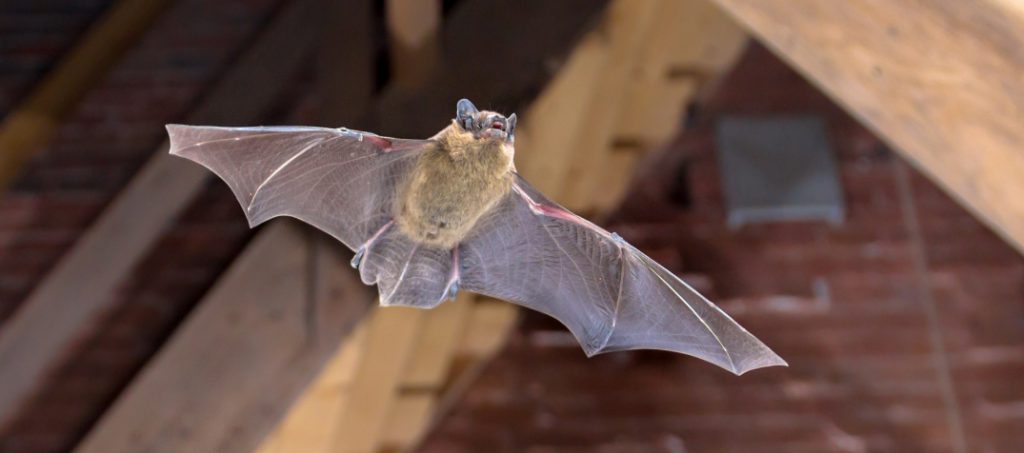
Protected Species
Many development sites in Sunderland require additional protected species surveys as part of the planning process. Surveys for bats, otters, reptiles, badgers, water voles, and great crested newts are frequently necessary alongside the BNG assessment.
Commissioning these surveys early helps ensure that the BNG scheme aligns with the legal protections for these species and follows the mitigation hierarchy: avoid, minimise, and then compensate for habitat and biodiversity loss.
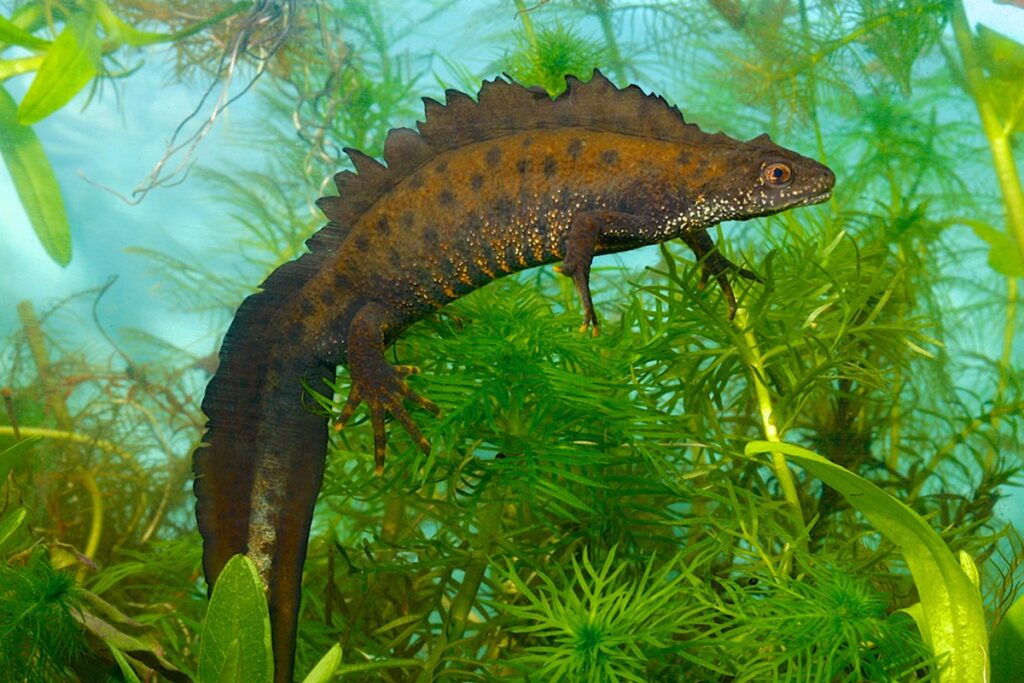
Net Gain
Plans must set out exactly how a development will deliver its 10% biodiversity net gain. They must detail proposed habitat creation and enhancement measures, long-term management and monitoring arrangements, and evidence that these will be maintained for at least 30 years, as required by law. Sunderland City Council expects net gain plans to align with the Local Nature Recovery Strategy and other local ecological policies.

Following the mitigation hierarchy is essential, and the plan must demonstrate clearly how habitats will be protected, restored, and improved throughout the lifetime of the project. This ensures compliance with both national legislation and local planning requirements.
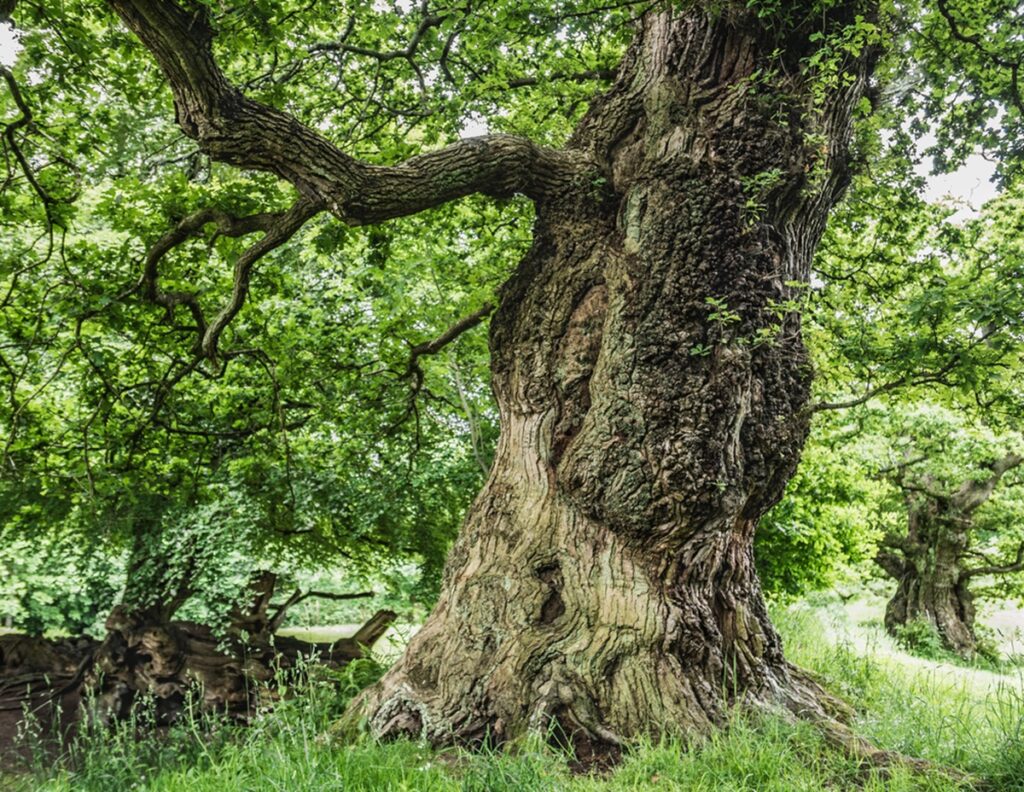
BNG Support
Our ecology consultancy provides BNG assessments in Sunderland, across the north east including County Durham, South Tyneside and the wider UK. We handle the full process, from baseline biodiversity surveys and Biodiversity Metric calculations to habitat creation advice and long-term management plans. We work closely with large and small scale developers, landscape architects, planning consultants and council planners to ensure that biodiversity net gain is fully integrated into project design.
Where off-site delivery is needed, we assist with sourcing biodiversity units, meeting legal requirements, and ensuring all reporting satisfies Sunderland City Council’s planning system. Our team has extensive knowledge of the North East’s ecological priorities, species protection laws, green belt areas and habitat networks, ensuring that our BNG reports are both legally compliant and locally relevant.
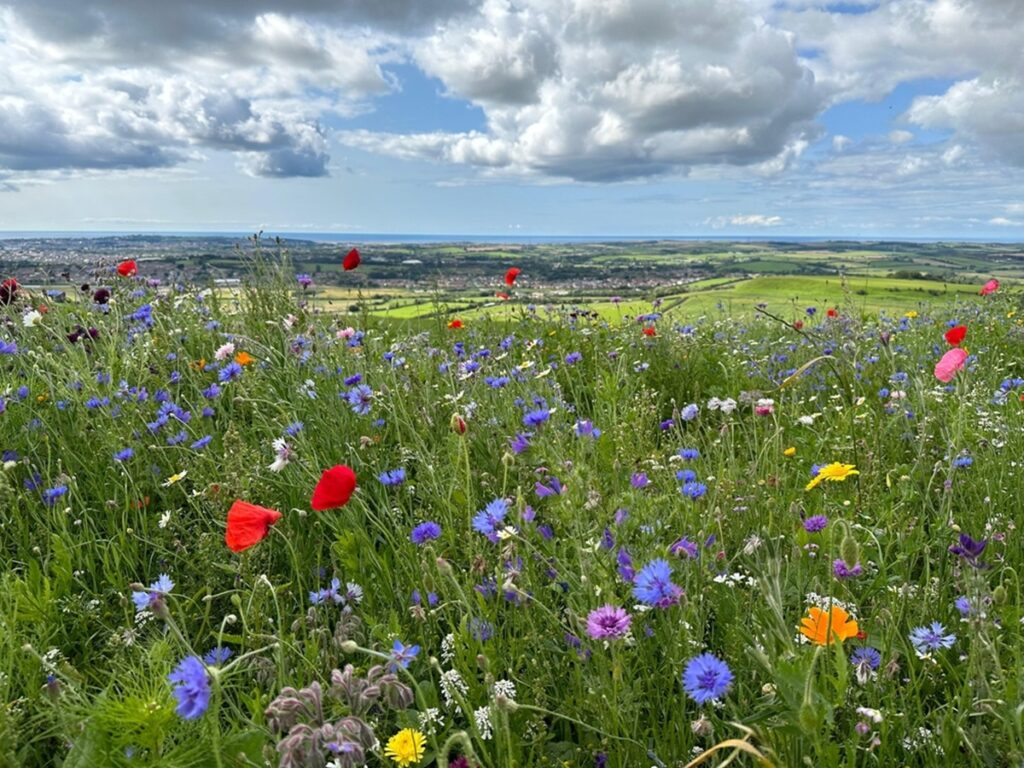
Free Quote
If your planning application in Sunderland requires a biodiversity net gain assessment, we can provide a free quote for your site and project needs. From small residential developments to large infrastructure schemes, our ecologists deliver plans that satisfy local authority requirements and support smooth planning approvals.
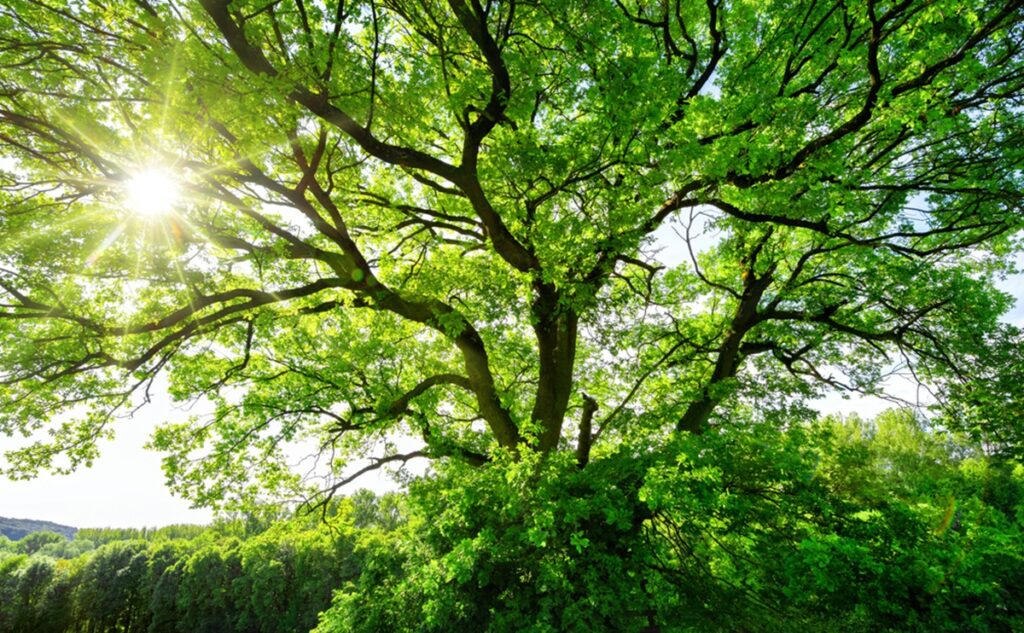
To discuss your BNG requirements in Sunderland, contact us today. We will need further details of your site and then we can arrange a convenient site visit and prepare a clear, compliant plan to help your project progress through the planning process. By meeting planning conditions and your obligations under the Environment Act 2021, you can increase the likelihood of achieving planning permission for your development plans.